Ever since the industrial revolution, the world’s most valuable resource has more or less been oil, and any commodity that could fuel our ever-expanding industrial growth. Throughout the past two centuries, the globe has heavily relied on and fought over oil, making it our most valuable commodity. However, at the turn of the millennium, the world ushered in a new-age revolution: the digital revolution.
Technology and the internet have revolutionized society, enabling unparalleled connectivity and transforming how people live, work, and communicate globally. Fast forward to today, and most of us and our online identities are almost synonymous. The rise of social media platforms like Facebook, Twitter, and Instagram has increased our connectivity to the world and the internet.
However, this comes at a cost – your data. “If you’re not paying for the product, you are the product” is a famous idiom used to describe tech and apps that exploit users for their attention and data. It turns out this product is extremely valuable and arguably the most valuable commodity in the current day and age. Every online action you take, whether posting on social media, shopping, or simply searching, leaves digital traces. These traces can be exploited by data brokers, marketers, and even cybercriminals.
Read More: 10 Companies With the Worst Records for Corruption
The Urgent Need to Delete Yourself from the Internet
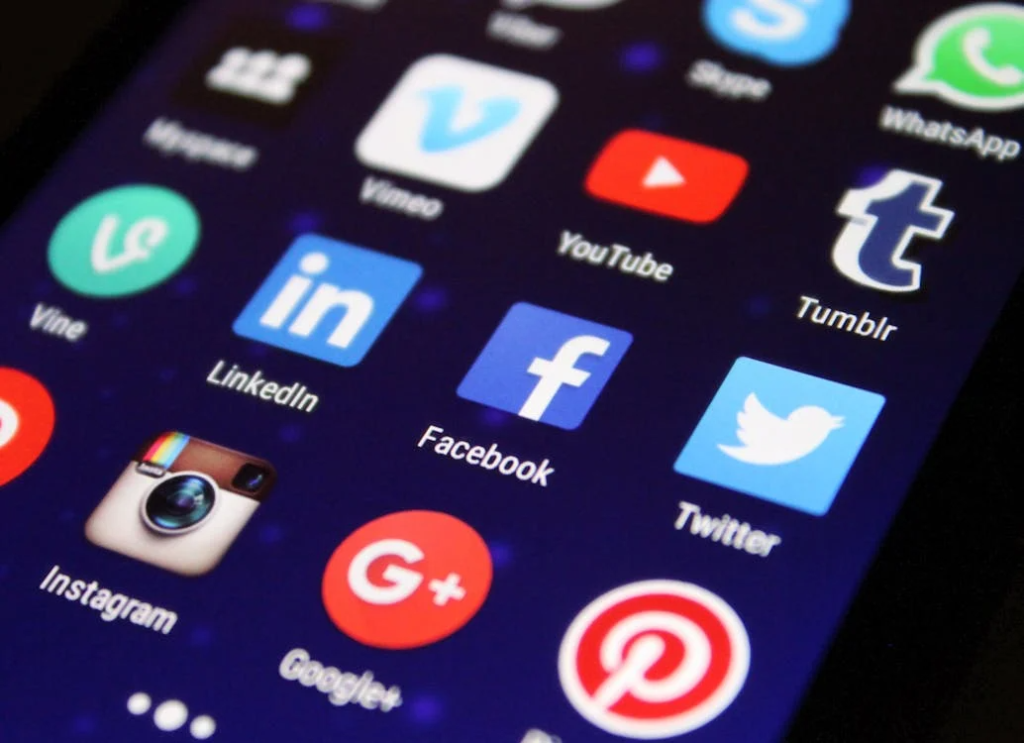
Some Millennial and Gen Z internet users know the cardinal rule of social media is not to post something you would not show to your grandparents. Your internet presence and online activity can affect your “in-real-life” (or IRL) job prospects. Some employers will review applicants’ online profiles, and one inappropriate or misjudged post can ruin reputations or careers.
Advertisers gain access to your information through cookies (which records tracking information, IP addresses and other details about you). They invade your privacy online, scrape public online records and record your search history for targeted marketing. Having your information, especially sensitive information, available online poses massive risks.
Data brokers sell personal information to corporations, and when these companies suffer data breaches, victims can face identity theft and significant financial loss. Victims of online harassment, bullying and stalking are at serious risk. Perpetrators can use this vulnerability to gain their victims home, work, college or schooling address.
Taking control of your personal data and privacy online has never been more important. While deleting yourself from the internet may be a tedious task, you can still take steps to minimize your digital footprint. These actions help protect your privacy and data.
Discovering Your Digital Footprint
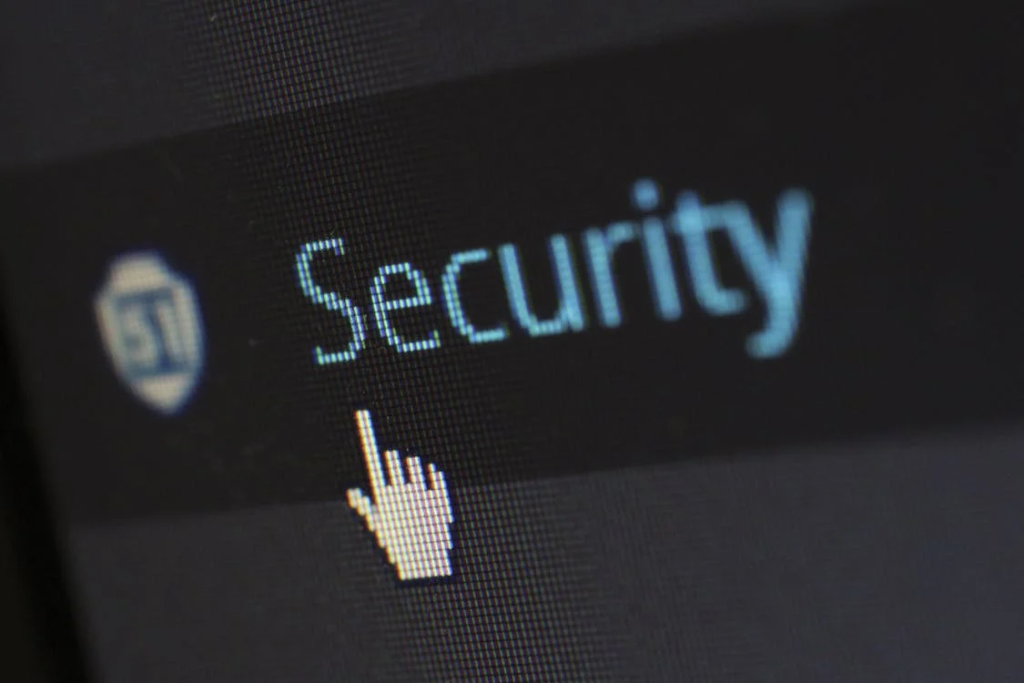
Begin by searching your name, email addresses, and usernames on major search engines like Google and Bing. Check for social media profiles, forum posts, blog comments, and/or old accounts. Once any results are returned, you can begin the process of requesting its removal.
Google offers a free service called “Results About You.” It can scan the internet for your name, email address, phone number, and home address stored in public databases. This process reveals what information about you is publicly accessible. Google’s service also offers robust security features that monitor online activity and can even alert users on suspicious activity.
While Google’s free tools may be a starting point, they have limitations. “Results About You” only removes personal data from Google’s search results and not from the data brokers’ sites themselves. Furthermore, take into consideration that Google’s economy is data which could compromise the effectiveness of their data removal tools.
Read More: The 50 Most Common Four-Digit PIN Numbers Leaked on the Dark Web
Checking for Data Breaches

Data breaches are becoming commonplace on the internet. Recently, Cybernews spoke of 16 billion login credentials leaked. That is why it is important to know where your information could be exposed. Services like Have I Been Pwned can help you check if your email addresses or phone numbers have been compromised. If you discover your information has been involved in data breaches, immediately change your passwords and enable two-factor authentication. Deleting unused accounts also reduces your risk of future breaches.
Securing and Deleting Social Media Accounts
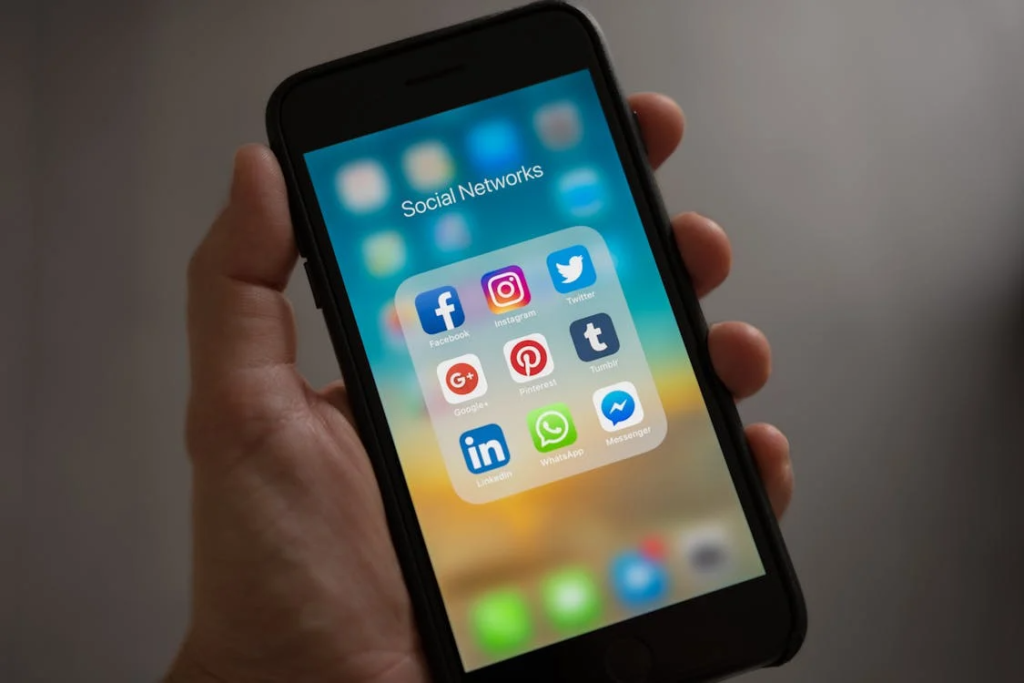
Ensure you visit the Google Account page to review your privacy settings and reduce how much data Google collects from you. Use Google’s privacy checkup to stop Google from recording search queries and your location history. Check which devices are linked to your accounts and remove permissions as necessary. If you want to delete yourself from the internet, Google offers a deletion service that can completely erase your account.
Social media platforms are treasure troves for data collectors. Adjust privacy settings to restrict who can view your posts, and consider removing personal details from your profiles. If you are serious about erasing your digital footprint, delete your accounts. Facebook, Instagram, X (formerly Twitter), TikTok, and Bluesky all offer account deletion options, though the process and waiting periods vary. Always download any data you wish to keep before deleting accounts, as this action is often irreversible.
To protect your privacy, start by tightening your account security. On Facebook, use the Privacy Checkup tool to restrict who can see your posts, limit past posts, and prevent search engines from linking to your profile. Review connected apps and remove those you no longer use. You can also turn off location tracking and manage ad preferences to reduce targeted advertising.
Read More: Younger Generations Are Ditching Smartphones for Dumbphones
On X, enable two-factor authentication, create a strong password, and regularly audit third-party app access. Download an archive of your data before making changes. In the Data Sharing and Personalization section, manage ad preferences and decide whether X can use inferred identities for personalization. If you use Bluesky, enable privacy settings like “Logged out Visibility” to hide your profile from non-users.
Instagram allows you to make your account private, hide your activity status, and control who interacts with your stories. You can also enable two-factor authentication and remove location access to further protect your privacy. On TikTok, you can make your account private, download your data, and manage ad personalization settings. Request that TikTok clear advertiser-shared information, though this may take up to 30 days.
Removing Old Accounts and Online Content
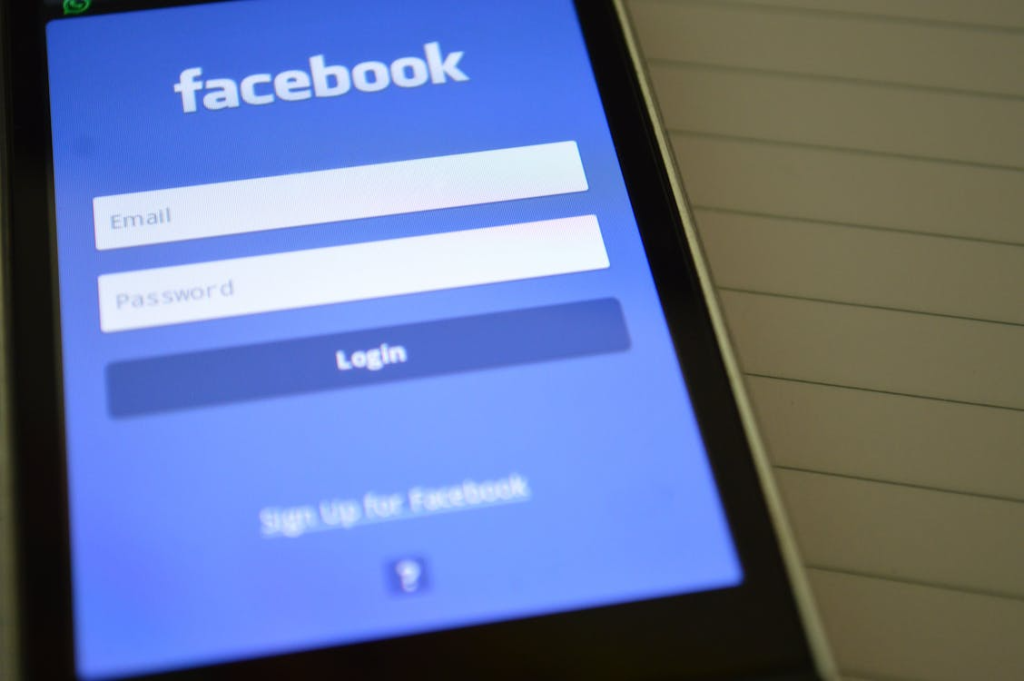
You may have created accounts on forums, e-commerce sites, or blogs that you no longer use. If you are to delete yourself from the internet, you will need to find these accounts and delete them. Track these down using password managers or by searching your email inbox for registration confirmations. For forum posts or blog comments, edit or delete your contributions where possible. If you no longer have access, contact site administrators directly and request removal.
Premium, third-party services like DeleteMe, Mozilla Monitor, and PrivacyBee charge a fee but offer extensive data removal across the internet. These services can help remove your personal information from data broker sites and people-search databases. Use privacy-focused search engines like DuckDuckGo in future to prevent further exploitation of your personal data.
Completely Erasing Your Social Media Accounts

If you want to delete yourself from the internet entirely, consider deactivating or permanently deleting your accounts. On Facebook, go to Settings & Privacy, then Deactivation & Deletion, and choose either to deactivate (which is reversible) or permanently delete your account. X requires you to deactivate your account, which will be permanently deleted after 30 days if you do not log back in. Instagram and TikTok also offer options to deactivate or permanently delete your accounts through their settings menus, requiring password confirmation and a reason for leaving.
Locking down your accounts enhances privacy, but permanent deletion removes your digital footprint from these platforms. If you are considering permanently “nuking” your social media accounts and presence, it is advisable that you download and store all your data.
Enhancing Privacy with VPNs and Tor
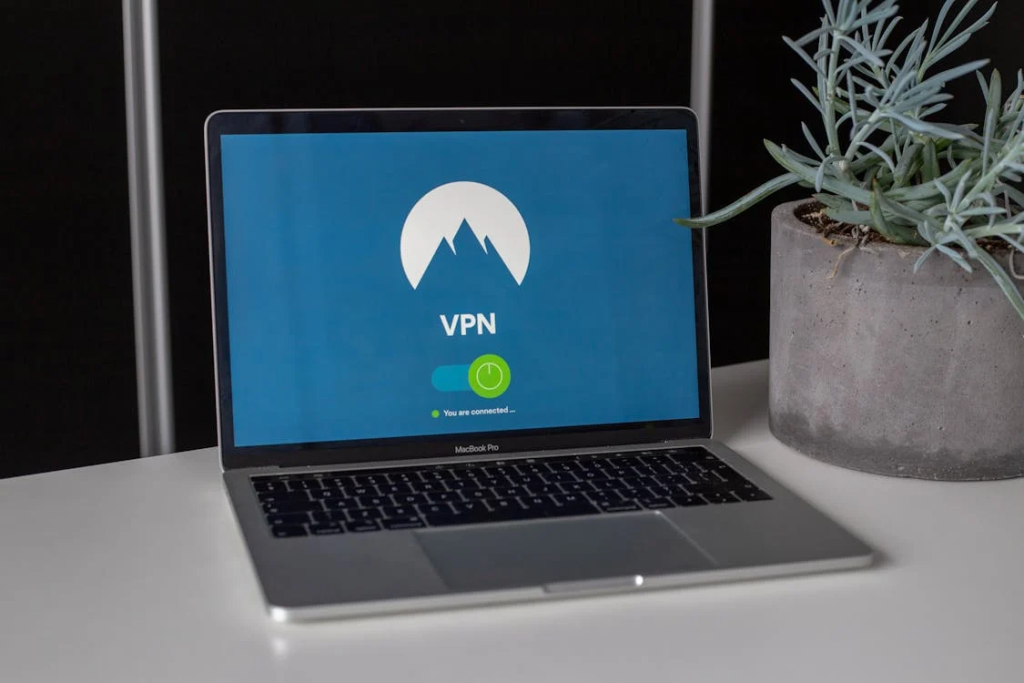
A Virtual Private Network (VPN) encrypts your internet traffic and masks your IP address, making it difficult for ISPs, hackers, or advertisers to track your online activity. Paid VPNs are generally more reliable and secure than free ones, which may sell your data to third parties. For stronger anonymity, consider using the Tor network, which routes your traffic through multiple nodes and blocks most trackers.
Tor is especially valuable for activists, journalists, and anyone facing heightened privacy risks. Tor is also the only method to access the dark web. Beyond its negative press, the dark web is a tool for activists, journalists, and civilians who may live in authoritarian regimes or under strict control. This allows them to communicate with the outside world while retaining anonymity.
When Deletion Isn’t Enough
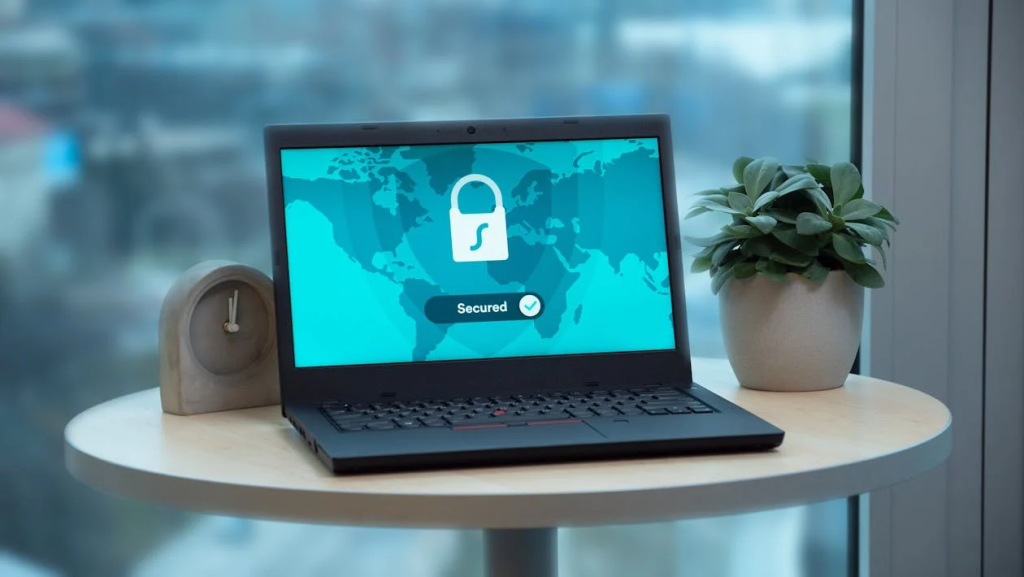
Sometimes, it’s impossible to delete every trace of yourself online. In such cases, minimize your exposure by removing as much personal information as possible and using aliases or generic profile pictures. Deactivate accounts you cannot delete, and change personal details to reduce the risk of being identified. Regularly monitor search results for new data leaks or mentions and act quickly to address them.
By following these steps, you can significantly reduce your digital footprint and regain control over your online identity. While deleting yourself from the internet completely is somewhat impossible, proactive management of your data and privacy settings can protect you from many common risks.
Read More: Mark Zuckerberg Warns Facebook Users Not To Screenshot Chats

